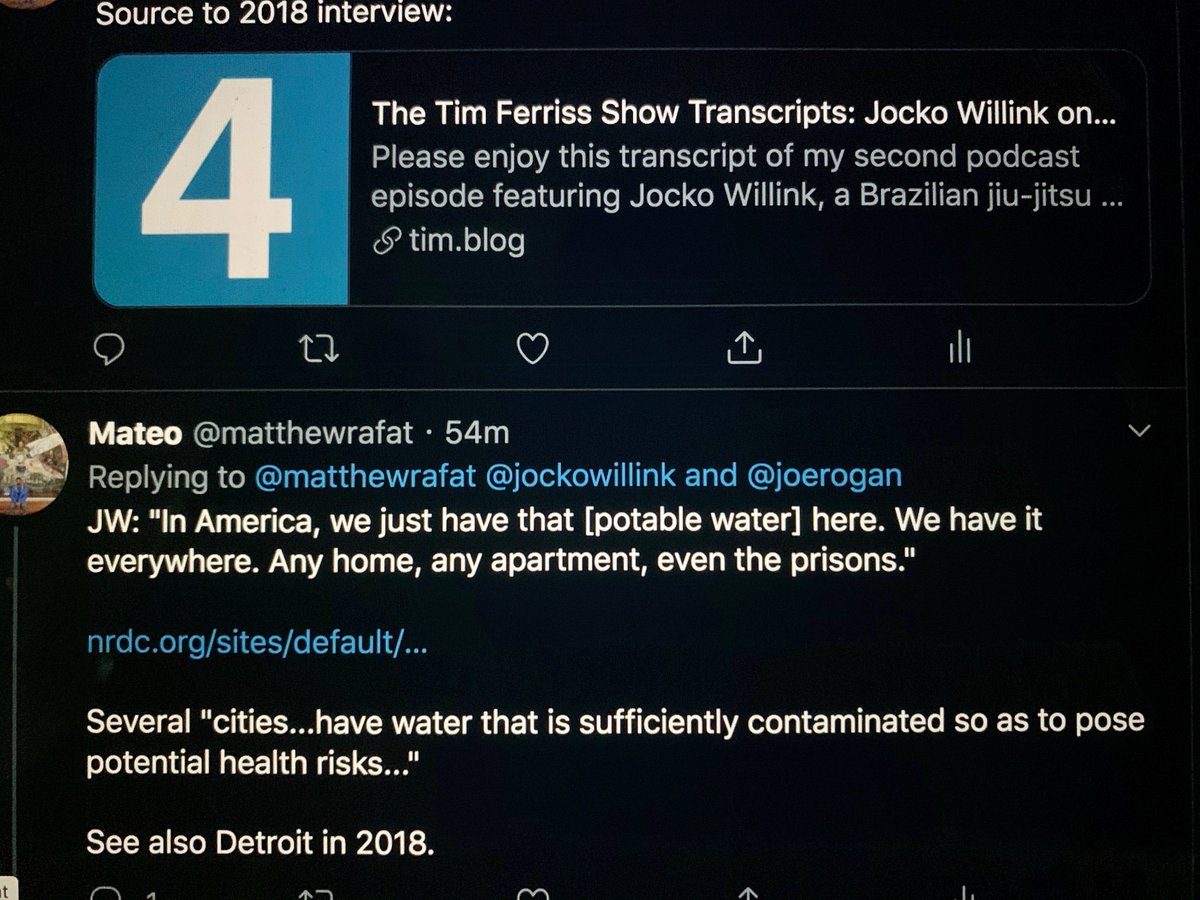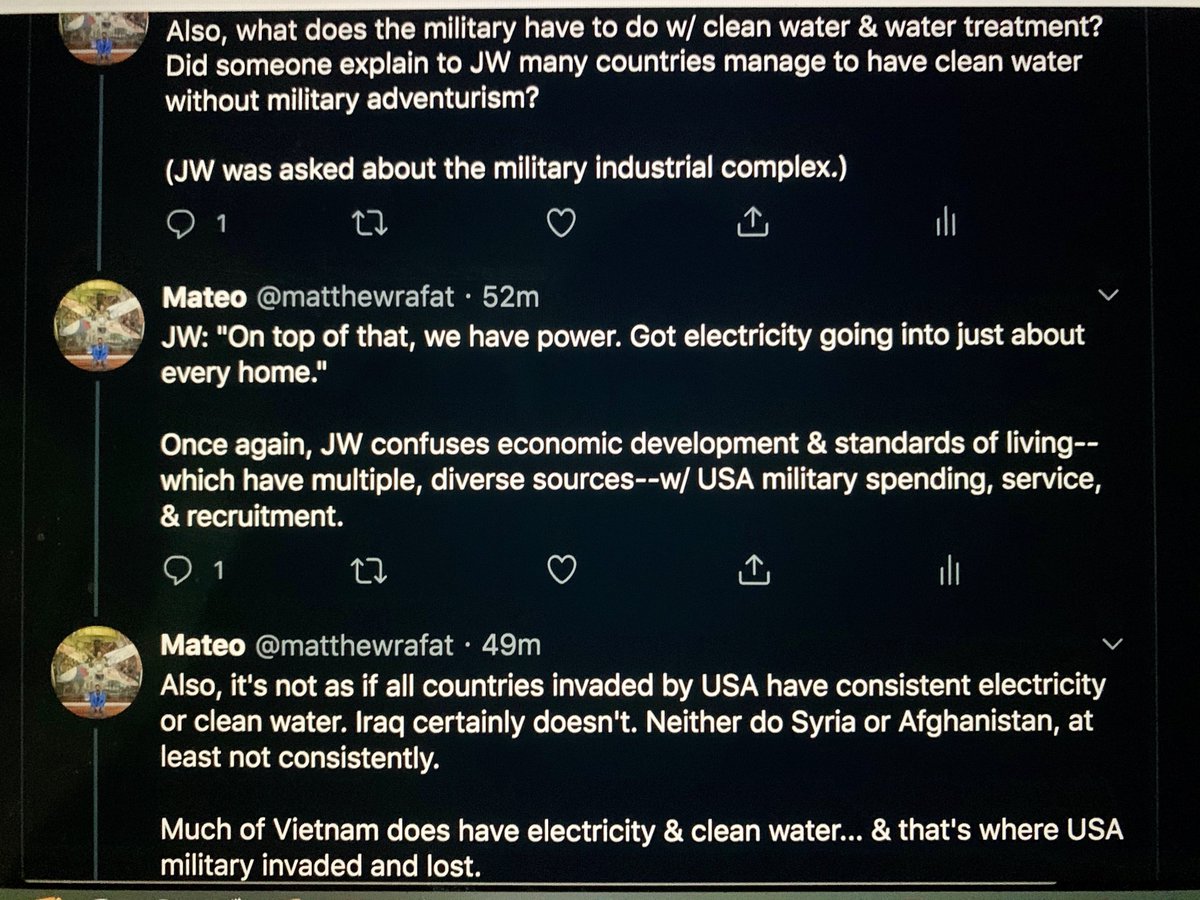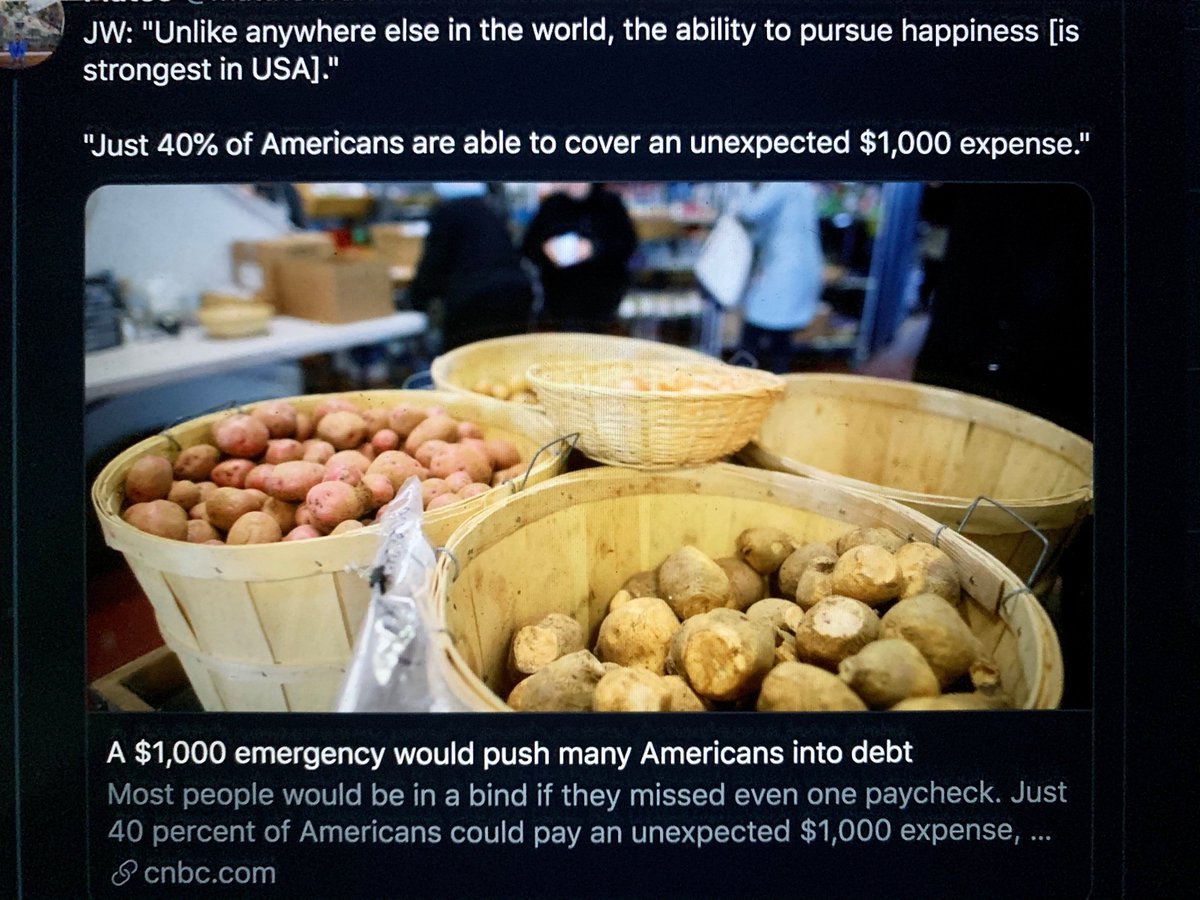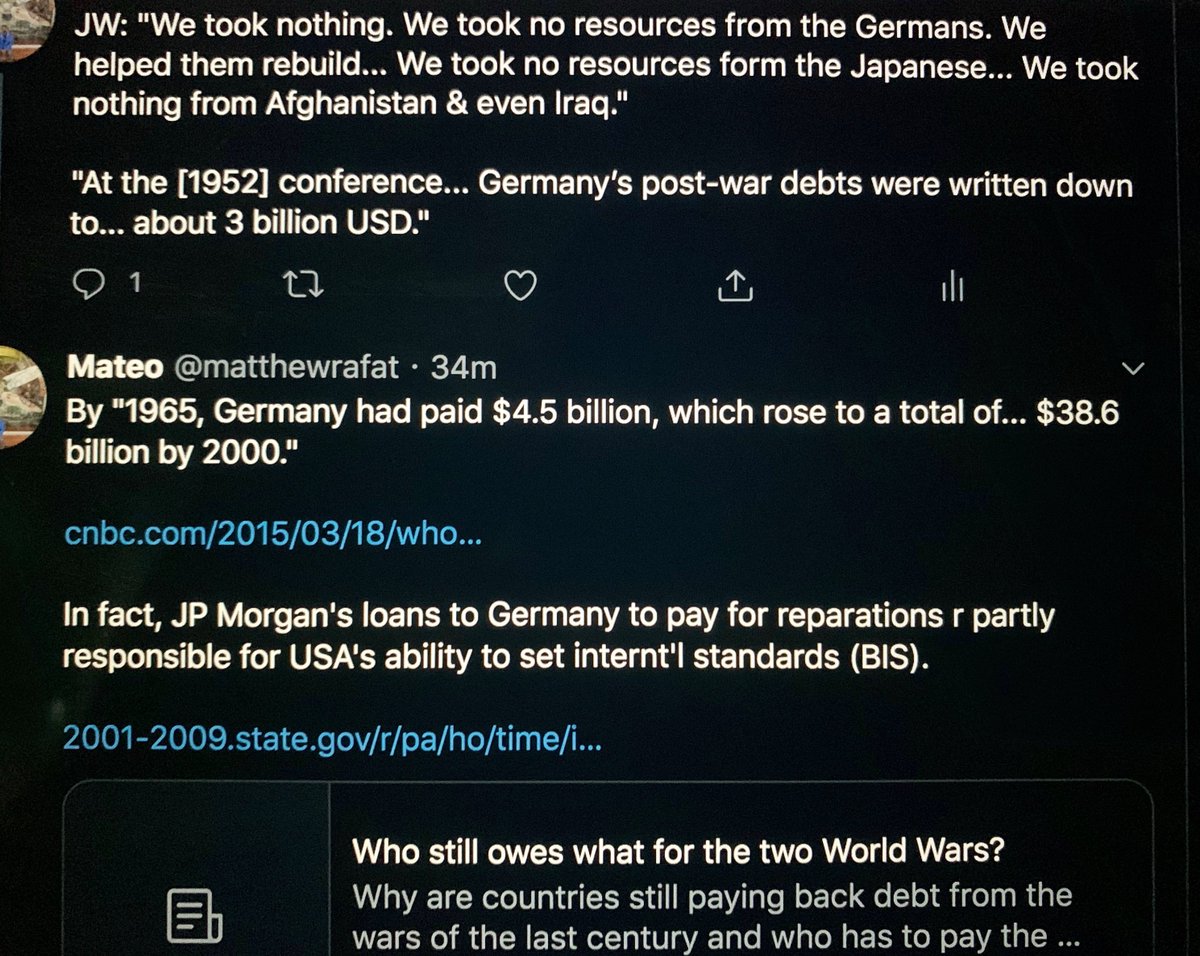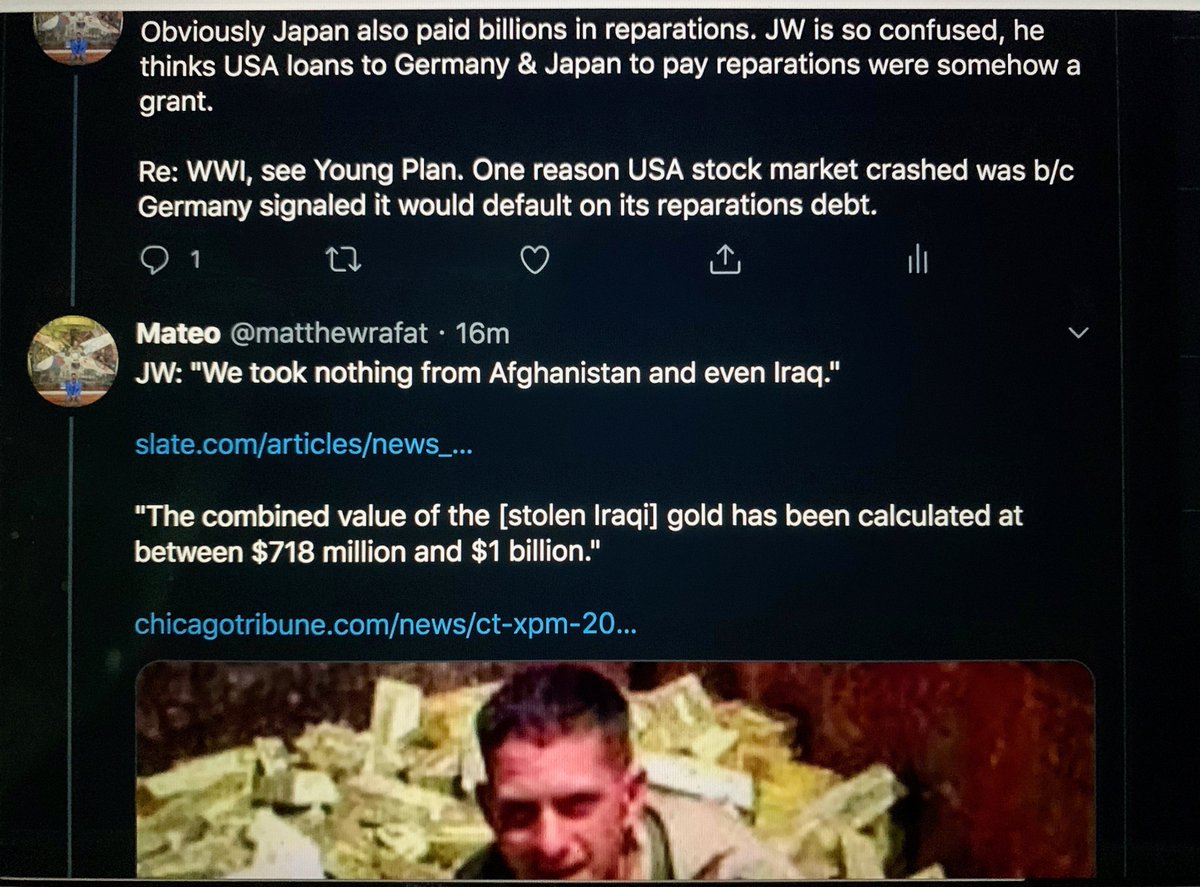Recently, I hiked with a friend. After losing over 100 pounds, she enjoys walking an hour a day and can get along with anyone, which explains her willingness to spend time with me. I'd call her a "Southern belle," except she's Midwestern and from Minnesota.
Speaking to any native-born American in 2021 involves some degree of post-traumatic political disorder. They are beginning to realize the same tools that elevate deserving and undeserving elites also shield just about anyone capable of generating marketing dollars. Consequently, once multi-million dollar advertising campaigns are bought, a domestic violence incident becomes insignificant to local police departments as well as private security and PR firms receiving assignments from those same marketing firms. Though a symbiotic relationship between the entertainment industry and government--which issues permits and provides consultants--encourages positive portrayals of government employees, once upon a time, Americans recognized the difference between protecting talent to promote leadership versus advancing people to mislead the public. (Neither General Eisenhower nor General Marshall saw combat but were justifiably recognized as military experts, and their values shaped the entire world after WWII.)
Obviously, government's corruptibility when receiving non-transparent, private funds is nonnovel. Mobster Al Capone wasn't convicted of federal tax evasion rather than murder because local governments were more honest in the 1930s. Moreover, even if local governments manage honesty, they are often outgunned technologically. (Someday, Americans will realize expertise allowing an intelligence agency to "spoof" surveillance video of a competing country's nuclear reactor may also be used to replace domestic surveillance footage, complicating police work.) Though marketing departments have never been bastions of integrity, a sharp eye isn't required to see USA's content machine degrading as it produces flimsier copies of the same celebrities, with Kanye West replacing Puff Daddy, Kim Kardashian replacing Dolly Parton, and several more attempted clones I'm glad not to know. (We don't immediately recognize clones because their color or ethnicity has changed, diversity used to sweeten superficiality.) Meanwhile, as America's upper echelons also enable the trend of marketing dollars overwhelming substance, politics has mutated into a jobs program for content curators and other persons intent on occupying space otherwise open to competitors hostile to the status quo.
Against this backdrop, my friend and I walked and talked for two hours at a local park, having enough of a pleasant time to schedule another hike in two days. On the day of the hike, however, my friend texted me, saying she needed to change plans. She was going to the beach by herself to "listen to some music and not talk about governments or politicians or politics." "I need to recenter my vibe," she said, and in that moment I fully realized the precariousness of the American experiment. That my friend and I were able to converse at all was a small miracle. Our time occurred only because the American marketing machine convinced my father and mother, whose second language was English, to leave Scotland for Texas. From these two ESL learners came a son who earned an English degree and whose linguistic ability you are now seeing because of the risks they took. Had my parents been inundated with media reports of school shootings, police brutality, and other American events, it is possible they would not have taken the transatlantic journey. Risk-reward ratio is a concept everyone understands, regardless of mother tongue. The marketer's or propagandist's job is to render the equation in their client's favor and leave the rest to fate.
Such a paradigm might not be inherently immoral, except fate isn't the correct term. What we deem fate--including an empire's decline--is the direct result of whether institutions uphold their principles in ways balancing the status quo with changing demographics. If native-born citizens (aka the majority) no longer have the patience or willingness to adjust their institutions as circumstances change, the result is failure fated by reason of indifference.
Can one possibly view indifference as a virtue? Is it necessary at times to practice it simply to keep one's sanity, live normally, enjoy a fine meal and a glass of wine, as the world around us experiences harrowing upheavals? -- Elie Weisel (1999)
Thus far, I have approached the situation from the perspective of a political minority, but indifference is contagious and does not spare the majority. It is only that the majority takes notice of failing institutions much later than the minority unable to use government connections or political savvy. For example, last week, I needed a response from the county to complete some work. An automated reply indicated a three-week wait, an unacceptably long time for a process requiring 10 minutes per individual application. No database exists showing the number of outstanding applications--they are handled as soon they reach the appropriate department--and the public has no choice but to trust government workers are not dallying.
In a one-party state like California, my immediate reaction was to assume a lack of accountability based on non-transparency, but I realized a more connected, more trusting, more faithful person might take a different approach. He might, while accessing the application, notice translations incorporating our city's sizable Vietnamese and Spanish speaking population and conclude resources were being diverted that would otherwise accelerate the process. A tale of two cities emerges: whereas I blame the majority for using government to boost their influence under unaccountable terms, the majority can counter by blaming the costs of greater inclusivity. Just like that, two residents reach vastly different yet reasonable conclusions using the same data, but with one distinction: as a political minority disdaining the state's political Establishment, I cannot vote in ways that impose my interpretation on the majority, and without millions of dollars allowing me to advertise my opinion, I cannot convince dispersed voters to change their minds, nor can I nudge government lawyers to investigate themselves. In contrast, my fellow resident can more easily access established channels of communication used by the majority to carry out his proposed solution(s). Put simply, he is not bound by the weight of historical vested interests and their present-day progeny.
Of course I do not mean to suggest a native-born American can flip a switch and inspire a mob. The journey from an open society to isolationism, from curiosity to scapegoat, requires sustained effort from government and the private sector, particularly when eluding self-blame. Somehow, whatever the time period, as services degrade, a minority is always there to deflect attention from the majority's own mismanagement or to assist powerful interests eager to associate with a vulnerable group. Given humanity's wont to project faults onto dissimilar groups or to create institutions whitewashing weaknesses (e.g., regularly including bars and pubs in Christian media makes alcoholism more acceptable), true diversity always denotes cultural powderkegs.
 |
| A small part of an aisle selling alcohol in an American grocery store |
What happens to a dream deferred? ... Maybe it just sags like a heavy load. Or does it explode? -- Langston Hughes, "Harlem"
Another example: to some native-born citizens, a police officer is helpful and to be trusted, but to many others, the same person represents danger. Yet, neither the minority nor the majority know which uniformed officer will come calling when needed, and since many honest officers exist, any gap in perception results from one side having faith in their institutions' willingness to impose accountability while the other is skeptical of equal treatment.
From where does the majority's faith arise? Is it segregation, a feature of post-WWII planning that divided groups by religion and race in order to better manage them through targeted investments and tax spending? (Not all international law experts realize segregation and partition, often with United Nations support, go hand-in-hand: Israel was partitioned into three states based on religion: West Bank (Christian), Gaza Strip (Muslim), Israel (Jewish); Czechoslovakia became Czechia (non-Catholic) and Slovakia (Catholic); Pakistan (Muslim) split from India (Hindu); South Sudan (Catholic) seceded from Sudan (Muslim); etc.) If Western city planning includes segregation, which may have resulted from Western dependence on slave labor and an unwillingness to see black/Negro slaves as fully human, then gerrymandering and other legal maneuvers ("separate but equal") are features, not bugs, of American culture. As such, while American progressives are taught their country is continually striving for "a more perfect union," in reality, perfect divisions have succeeded. Yet, so long as any group is skeptical of equal government treatment, even well-meaning government employees become viewed as non-individuals--a matter not helped by government unions--which in turn leads to contempt of public institutions by violating the principle of the sanctity of the individual.
"My mom and dad may have been segregationists, but we were taught fairness and decency, and what we were seeing [in the South with Bull Connor and KKK bombings] was not fair and not decent... It was a turning point [in our critical consciousness]." -- progressive Judge William Alsup, who grew up in Mississippi and attended MS State in the 1960s (February 25, 2021)
If a diverse society requires effective checks and balances to maintain trust between residents and government, can a segregated society function without legal safeguards by using tribal affinity as a cost-effective replacement? Our political betters certainly seemed to think so.
Where does this leave my kindhearted friend and I, her cynical compatriot? Nowhere new. Conflict portends opportunity, giving citizens, politicians, and business leaders a chance to mediate, gather information, and achieve a balance between vested and new interests. Absent open conflict, information gathering requires cloak-and-dagger operations ill-suited for local governments. Conflict, however, is a two-edged sword: at the same time it improves the signal (and hopefully the fidelity) of noise, it stress-tests political structures, often finding them wanting, especially as voter-targeting technology encourages soft deceit. (I've seen photos of my Catholic-educated mayor kneeling in support of the Black Lives Matter movement and also standing next to a Catholic-educated police chief encouraging cooperation with federal deportation authorities. To see the hypocrisy, watch Immigration Nation (2020).)
Sadly, it has never been easier for public leaders to dissemble and in doing so, bamboozle their communities. When confronted with conflict, some attempt solutions, and some get better at public relations. The United States, like my friend, probably prefers a bit of both, but also finds it easier to avoid the matter altogether. Unfortunately, avoidance or better PR masks indifference while allowing authorities to temporarily solve issues using unoriginal ideas like debt and deportation. Somewhere along that path, diversity's long-term benefits are put in danger of being subsumed by short-term negatives, with the mob always waiting for its cue.
I wish my friend would reflect on the following: "Why do we not remember most native-born Germans fondly from 1932-1938, if at all? And why, given Germany's past and present ethnic and religious diversity, do we not lionize anyone but anti-Germans from that time?" One clue involves German emigration; after all, if Germany's Albert Einstein left in 1932, other talented individuals must have also departed, shifting attention away from monolingual Germans. Be that as it may, given Germany's economic success after 1936, which includes movie-making, why are we, the recipient of so many German immigrants, mostly indifferent to Germany's individuals based on the accident of time? Though Americans may be in denial, we know the answer: indifference spreads quickly and spares no one in its wake. In murdering millions of minorities, Germany obliterated its citizens' place in humanity's remembrance, even though most Germans were not directly culpable. A people indifferent to brewing conflict or skilled at avoiding genuine inclusion tend to be as forgotten as the minorities they neglect or deport, whether knowingly or unknowingly.
A leading voice in the chorus of social transition belongs to the white liberal... Over the last few years many Negroes have felt that their most troublesome adversary was not the obvious bigot of the Ku Klux Klan or the John Birch Society, but the white liberal who is more devoted to “order” than to justice, who prefers tranquility to equality... The White liberal must see that the Negro needs not only love, but justice. It is not enough to say, “We love Negroes, we have many Negro friends.” They must demand justice for Negroes. Love that does not satisfy justice is no love at all. It is merely a sentimental affection, little more than what one would love for a pet. -- Martin Luther King, Jr., from Where Do We Go from Here: Chaos or Community? (1967)
I forgot to mention my friend enjoys trance music, a form of electronica. There's a metaphor in there somewhere, but I won't belabor it. It's too easy. Almost as easy as going to the beach.
© Matthew Rafat (March 2021)
Bonus I: My friend and I discussed cruise ship workers, who are often non-citizens because of low wages. Cruise ships are not subject to labor laws because their operations mostly take place in non-territorial or extrajudicial waters. I said given currency arbitrage, the hourly wage was not as important as working conditions and the likelihood of citizenship. Additionally, an empire's ability to underpay, in relative terms, foreign workers improves its willingness to accept immigrants. My proposed solution? Mandate one-year contracts with quitting for good cause or early termination immediately vesting all contractually unpaid wages; and require companies to put foreign workers on a path to citizenship after two years' tenure. Of course, companies may "game" such rules by terminating employees after two years, even good ones, and aggressively litigating the meaning of "good cause," but the law was never meant to replace integrity, and at some point, journalism must play a role in modifying unfair corporate behavior. (Note: upon hiring, one years' worth of wages could be put into an escrow account handled by an independent entity.)
Bonus II: Some people may see a conflict between my appreciation of Jehovah's Witnesses, Mennonites, and Amish and the ideas herein. There is no conflict. The aforementioned groups are apolitical as a matter of morality, not apathy, and have ample evidence supporting their intent.






